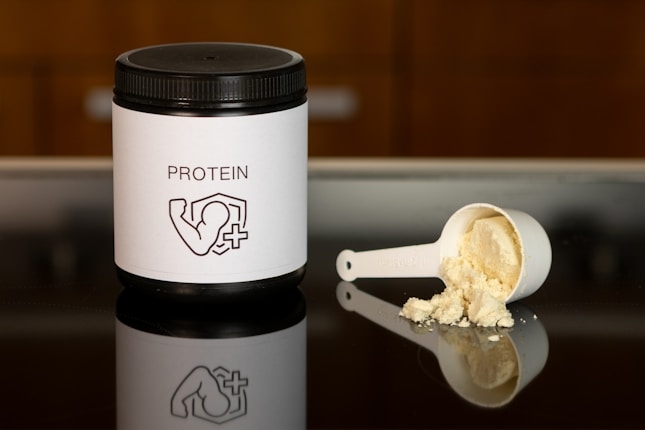Maximize Your Health with 100 g Protein: The Ultimate Guide
When it comes to maintaining a healthy lifestyle, ensuring you get enough protein is crucial. Among the various dietary goals, consuming 100 g protein daily is a common target for many fitness enthusiasts and health-conscious individuals. This blog will explore the importance of 100 g protein, how to incorporate it into your diet, and the benefits it offers for overall wellness.
Why Is 100 g Protein a Recommended Daily Intake?
Protein plays a vital role in building and repairing tissues, supporting immune function, and maintaining muscle mass. For most adults, aiming for about 100 g protein per day can help meet their nutritional needs, especially if they are active or trying to build muscle. Incorporating 100 g protein into your daily diet can enhance muscle recovery, boost energy levels, and support weight management.

How to Achieve 100 g Protein Daily
Achieving 100 g protein may seem challenging, but with strategic food choices, it becomes manageable. Incorporate a variety of protein-rich foods such as lean meats, dairy products, legumes, nuts, and seeds. For example, a typical serving of chicken breast (about 3 ounces) provides roughly 25 g of protein, making it easier to reach your daily goal with just a few servings.
Protein-Rich Foods to Consider
- Lean meats like chicken, turkey, and fish
- Dairy products such as Greek yogurt, cheese, and milk
- Legumes like lentils, chickpeas, and black beans
- Nuts and seeds including almonds, chia, and flaxseeds
- Eggs and egg-based products
Planning your meals around these foods can help you easily hit the 100 g protein target, supporting your health goals effectively.
Benefits of Consuming 100 g Protein Per Day
Consuming a balanced amount of protein like 100 g per day provides multiple health benefits. It aids in muscle preservation, enhances metabolism, and supports weight loss or maintenance. Additionally, adequate protein intake can improve satiety, reducing overeating and snacking on unhealthy foods.

Incorporating 100 g Protein into Your Lifestyle
For those seeking practical ways to include 100 g protein daily, meal planning is key. Start your day with high-protein breakfast options like eggs or Greek yogurt. Include a serving of lean meat or fish at lunch and dinner, and snack on nuts or protein bars in between. Remember, consistency is essential for long-term health benefits.
Sample Day to Reach 100 g Protein
Breakfast: 2 eggs + Greek yogurt – approximately 30 g
Lunch: Grilled chicken salad – approximately 35 g
Snack: Handful of almonds – approximately 6 g
Dinner: Baked salmon with vegetables – approximately 30 g
Adopting this balanced approach ensures you’re on track to meet your 100 g protein goal daily, supporting overall health and fitness.
Conclusion: Your Path to Better Health with 100 g Protein
Understanding the significance of 100 g protein and how to incorporate it into your diet is essential for achieving optimal health. Whether you’re aiming to build muscle, lose weight, or simply maintain your well-being, focusing on adequate protein intake is a smart move. For personalized guidance, consult with health professionals or registered dietitians, and explore more tips at Health.com.

Leave a Reply